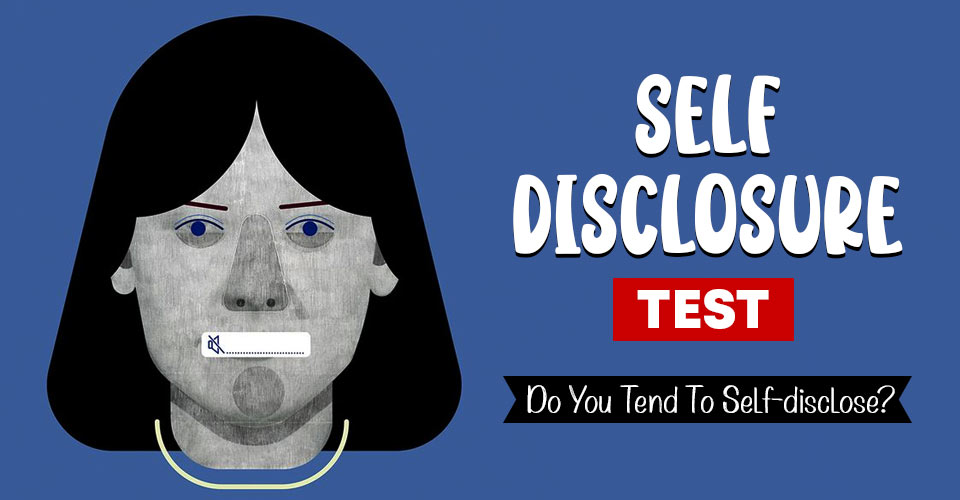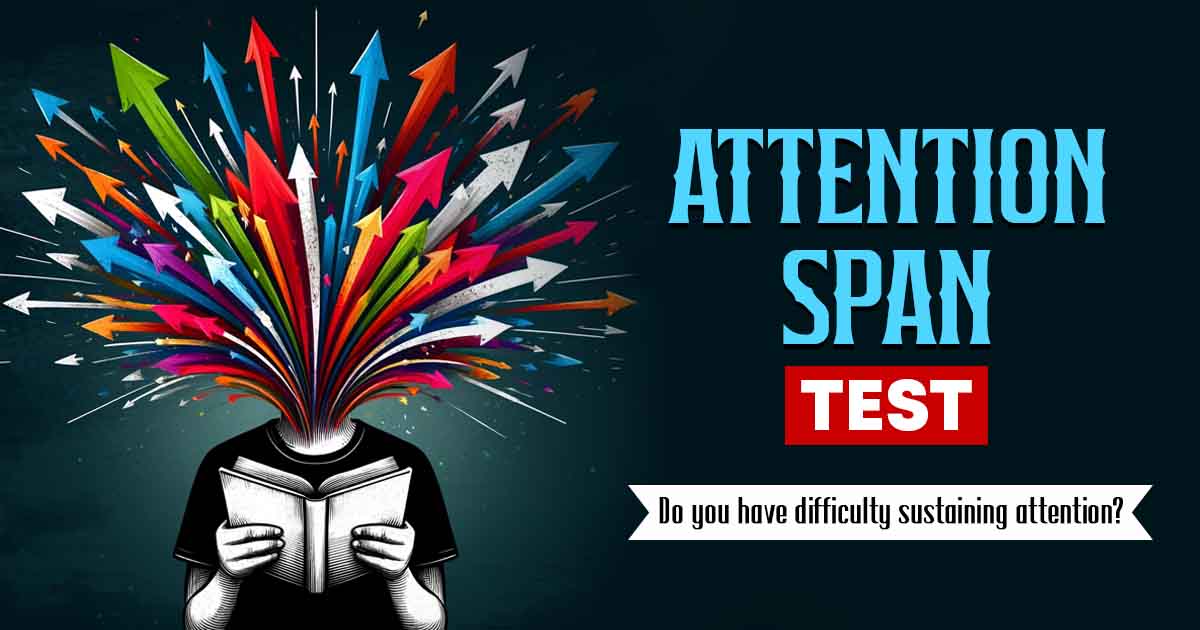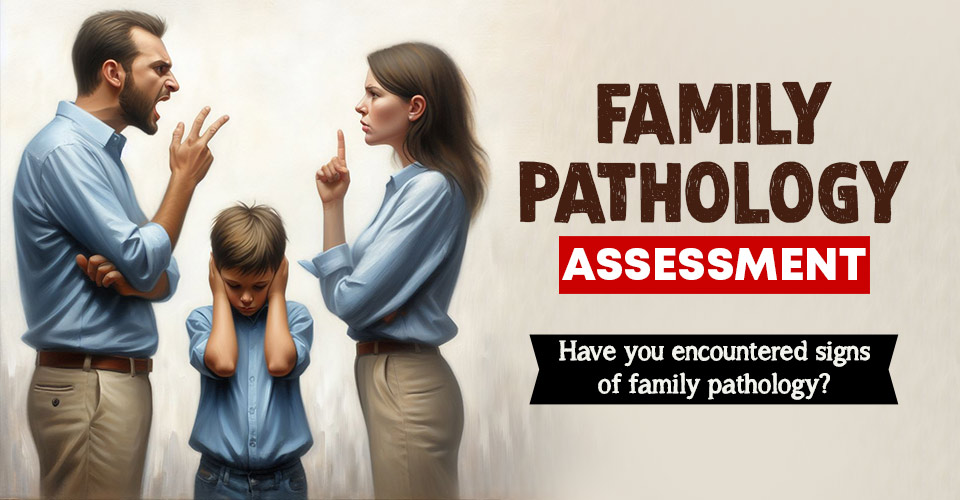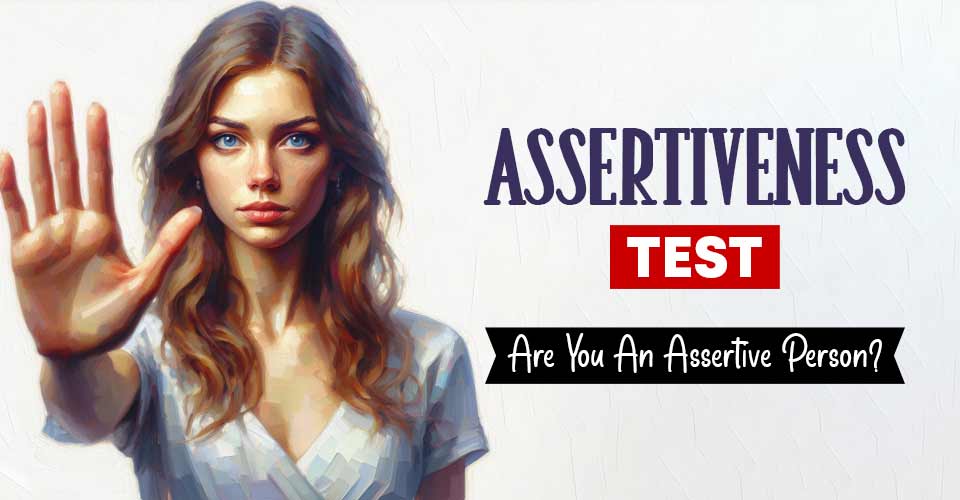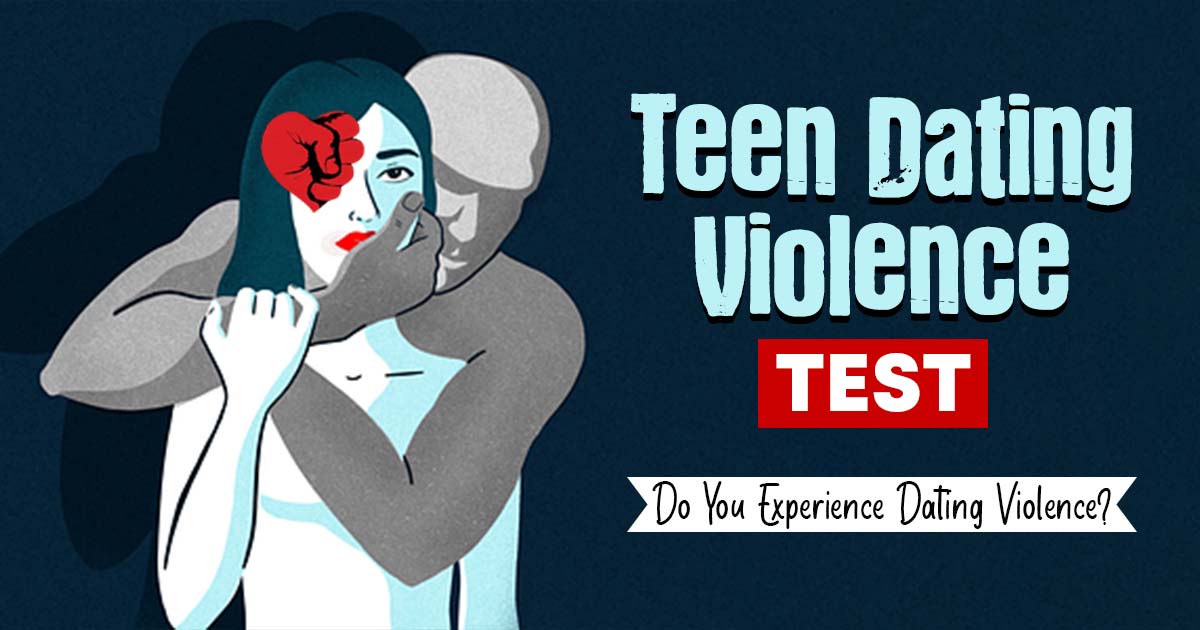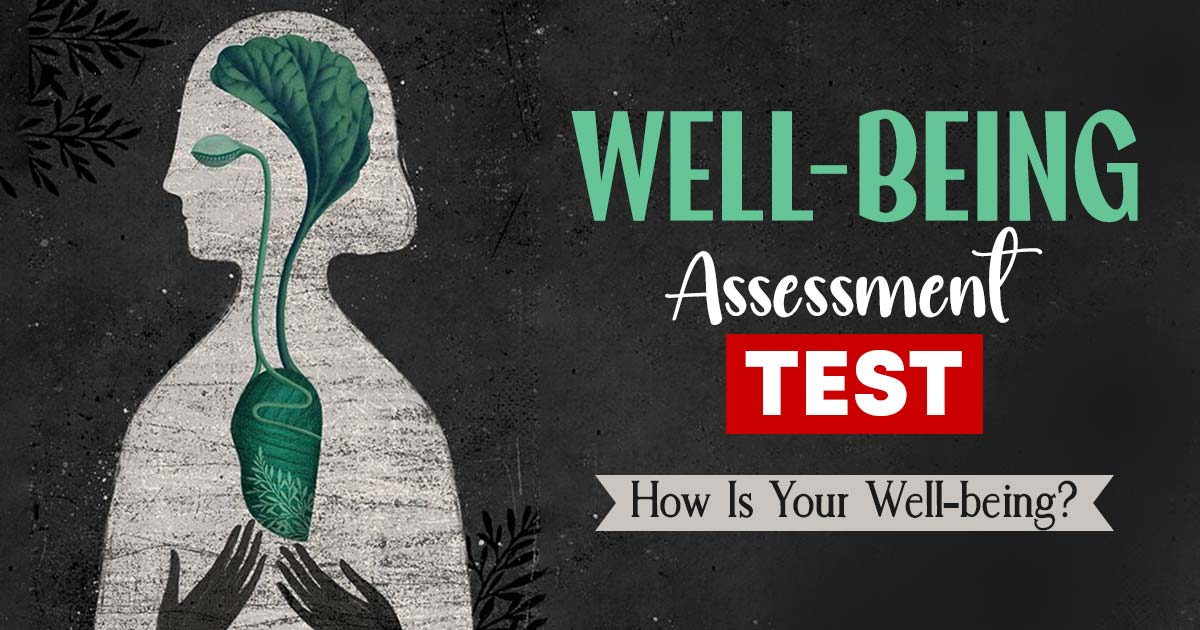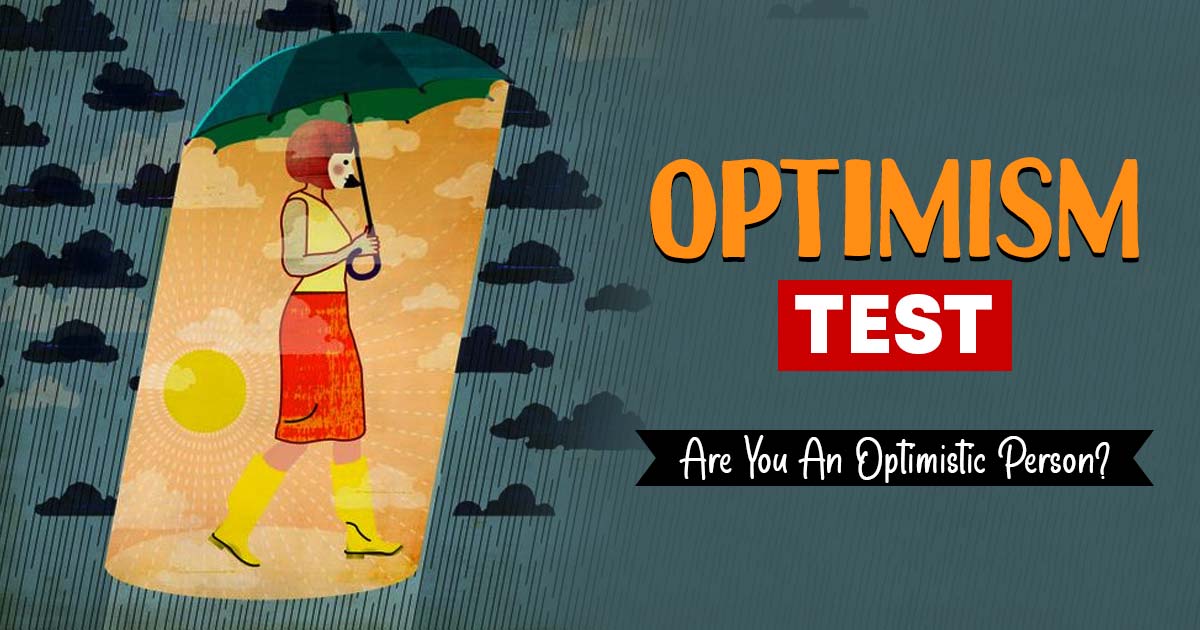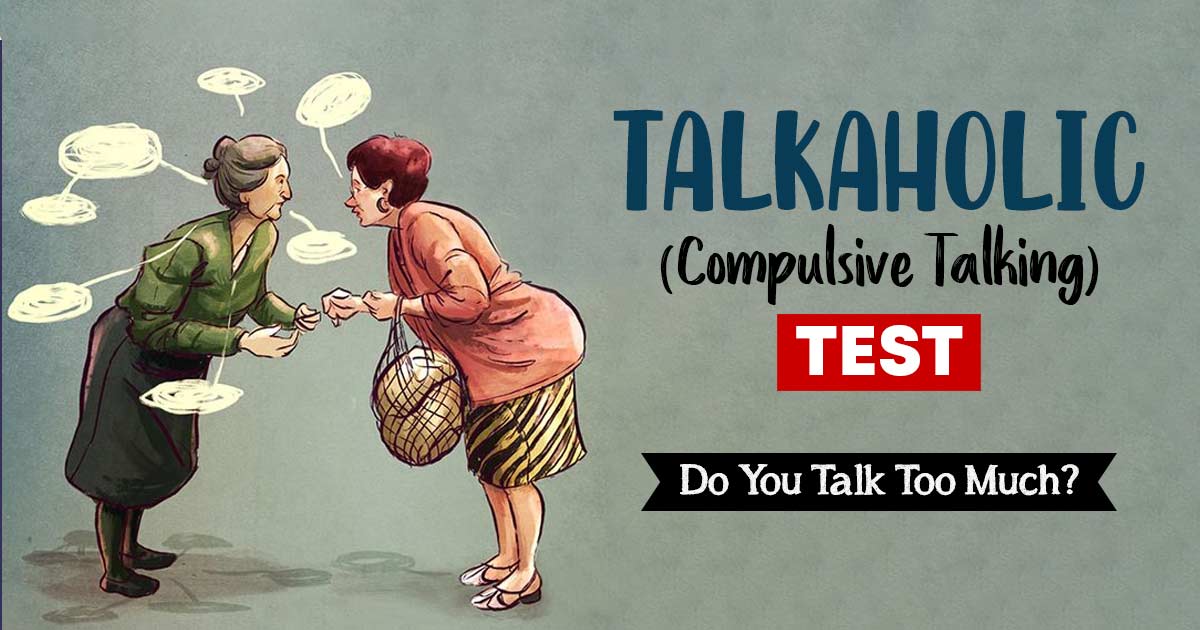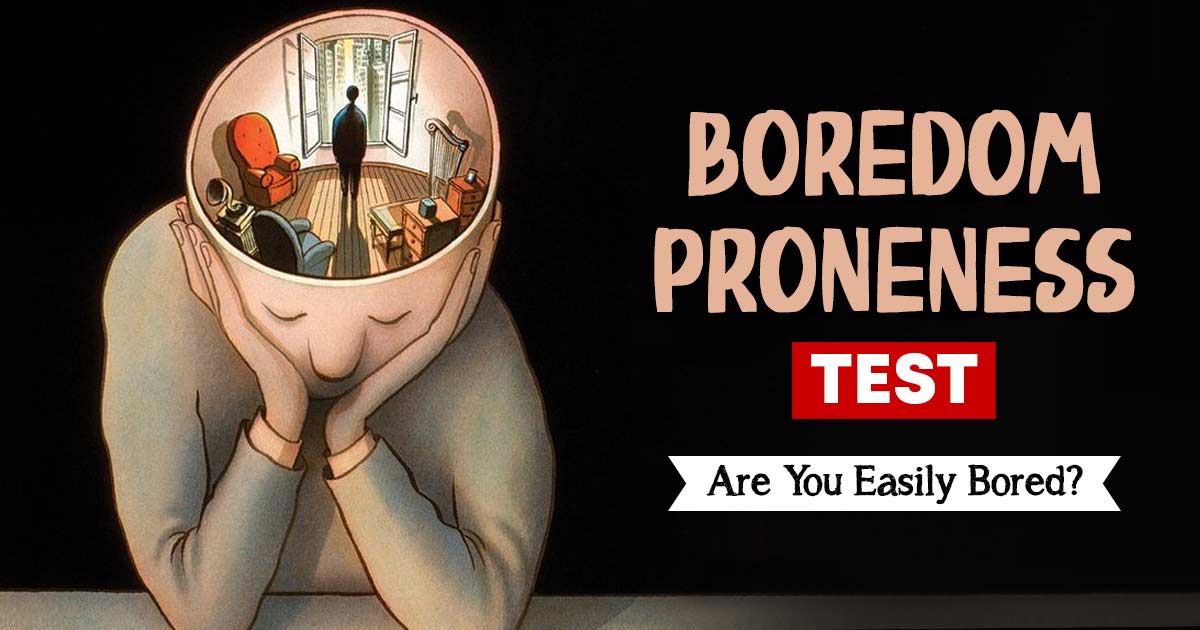Are you comfortable sharing personal information with others? Do you overshare when you feel emotionally low? Or tend to respect your sense of privacy and boundaries. Take this self disclosure test to know how easily you confide in people.
What Is Self-disclosure?
Self-disclosure is the act of revealing personal information to others. It is a fundamental aspect of human communication and plays a crucial role in building and maintaining relationships. Self-disclosure can occur in different forms, such as verbal communication, body language, and written communication.
It is important because it helps individuals to form meaningful connections with others. By sharing personal information, individuals can build trust, empathy, and understanding.
Several characteristic traits are associated with self-disclosure, such as
- Sharing personal experiences or thoughts that reveal information about oneself
- Disclosing information that is usually kept private or confidential
- Being vulnerable and opening up to another person
- Expressing emotional thoughts on an unplanned occasion
- Providing details about one’s life values, beliefs, or attitudes
Read More About Self Disclosure Here
Instructions For Taking Online Self Disclosure Test
Below is a list of statements related to an individual’s self-disclosure habit. Please read each statement carefully and rate the extent to which these are relevant to you.
Please note: This test is a self-assessment.
Assessment Summary
0 of 15 Questions completed
Questions:
Information
You have already completed the assessment before. Hence you can not start it again.
Assessment is loading…
You must sign in or sign up to start the assessment.
You must first complete the following:
Results
Results
Your time:
Time has elapsed
You have reached 0 of 0 point(s), (0)
Earned Point(s): 0 of 0, (0)
0 Essay(s) Pending (Possible Point(s): 0)
Categories
- Mental Health Assessment 0%
-
Sign Of Low Self-disclosure
Your score indicates that you have a sign of low self-disclosure habit. Your score reflects that you might feel a little comfort to a very few extents in sharing your personal information like address, phone number, and email id with other people. This means you tend to share personal details with people, especially those who might have earned your trust. Also, it is seen from your score that you mostly seem to like to maintain your privacy and boundaries. It is evident from your response that you might connect with others to a few extent to support people who might have been going through a similar experience to you. Your score also seems that you might believe in sharing information in a few cases where it helps others to know you well and to a few extents where it might help to build trust in relationships.
Also, your score shows that you might avoid sharing for the fear of being judged by others. Further, it can also be seen from your score that you tend to share personal information in a few situations where you become emotionally vulnerable. Besides, it seems that you tend to confess little about your true feeling to others which might have a chance to make you feel better.
However, it should be noted that your response would have a chance to impact your social, occupational, personal, and other areas of functioning.
Want to learn more?
Some ways can help to manage in a healthy way an individual’s habit of self-disclosure, such as recognizing the triggers that cause impulsiveness to say something, considering the context, setting boundaries before sharing information, being intentional about what information an individual wants to share, and avoiding oversharing or revealing too much too soon. If you want to know how to manage your self-disclosure tendency, talk to our professional psychologists.
You can use our Mood Tracker to stay mindful of your mood every day, and identify your innermost thoughts & emotions on a daily basis. It will help you in doing the things you love while limiting activities that might dampen your mood.
-
Sign Of Moderate Self-disclosure
Your score indicates that you have a sign of moderate self-disclosure habit. Your score reflects that you might feel somewhat comfortable sharing your personal information like address, phone number, and email id with other people. Also, it can be seen from your score that sometimes you might like to maintain your privacy and boundaries, and also get connected with others while supporting those who are going through a similar experience to you.
Your score also seems that you might often believe in sharing information that helps others to know you well and to some extent that helps to build trust in relationships. Also, your score shows that sometimes you might have experienced negative consequences for sharing details with others which might be accidental too.
However, it should be noted that your response would have a chance to impact your social, occupational, personal, and other areas of functioning.
Want to learn more?
Some ways can help to manage in a healthy way an individual’s habit of self-disclosure, such as recognizing the triggers that cause impulsiveness to say something, considering the context, setting boundaries before sharing information, being intentional about what information an individual wants to share, and avoiding oversharing or revealing too much too soon. If you want to know how to manage your self-disclosure tendency, talk to our professional psychologists.
You can use our Mood Tracker to stay mindful of your mood every day, and identify your innermost thoughts & emotions on a daily basis. It will help you in doing the things you love while limiting activities that might dampen your mood.
-
Sign Of High Self-disclosure
Your score indicates that you have a sign of a high self-disclosure habit. Your score reflects that you seem to feel very comfortable sharing your personal information like address, phone number, and email id with other people. Also, your score seems that in very few cases you like to maintain privacy and boundaries while sharing information with others. It is evident from your score that you seem to mostly prefer sharing with others to connect and support people who are going through a similar experience to you.
Your score also seems that you most believe in sharing information which helps others to know you well and that eventually helps to build trust in relationships. Your score indicates that you tend to avoid sharing in rare cases because of the fear of being judged by others and in many other cases, you seem to confess your personal information accidentally in front of others, which further might lead to some negative consequences later in life.
However, it should be noted that your response would have a chance to impact your social, occupational, personal, and other areas of functioning.
Want to learn more?
Some ways can help to manage in a healthy way an individual’s habit of self-disclosure, such as recognizing the triggers that cause impulsiveness to say something, considering the context, setting boundaries before sharing information, being intentional about what information an individual wants to share, and avoiding oversharing or revealing too much too soon. If you want to know how to manage your self-disclosure tendency, talk to our professional psychologists.
You can use our Mood Tracker to stay mindful of your mood every day, and identify your innermost thoughts & emotions on a daily basis. It will help you in doing the things you love while limiting activities that might dampen your mood.
- 1
- 2
- 3
- 4
- 5
- 6
- 7
- 8
- 9
- 10
- 11
- 12
- 13
- 14
- 15
- Current
- Review
- Answered
- Correct
- Incorrect
-
Question 1 of 15
1. Question
I feel comfortable sharing personal details (such as an address, and phone number) with others.
-
Question 2 of 15
2. Question
I tend to share my feelings with others even if they have not asked.
-
Question 3 of 15
3. Question
I share personal information with people who have earned my trust.
-
Question 4 of 15
4. Question
I share about myself as a way to connect with others.
-
Question 5 of 15
5. Question
I respect my privacy and boundaries.
-
Question 6 of 15
6. Question
I share personal information as a way to support others who are going through similar experiences.
-
Question 7 of 15
7. Question
I think it is important to share personal information to build trust in relationships.
-
Question 8 of 15
8. Question
I believe sharing information helps others to understand me better.
-
Question 9 of 15
9. Question
I tend to avoid sharing information because I am afraid of being judged.
-
Question 10 of 15
10. Question
I overshare personal information when I feel emotionally low.
-
Question 11 of 15
11. Question
I accidentally disclosed information that I regret later.
-
Question 12 of 15
12. Question
I tend to share thoughts with friends than with my family members.
-
Question 13 of 15
13. Question
I take care of my emotional well-being by avoiding sharing personal information.
-
Question 14 of 15
14. Question
I was forceful to share personal details at friends or family gatherings.
-
Question 15 of 15
15. Question
I have had a negative experience as a result of sharing personal information with others.

